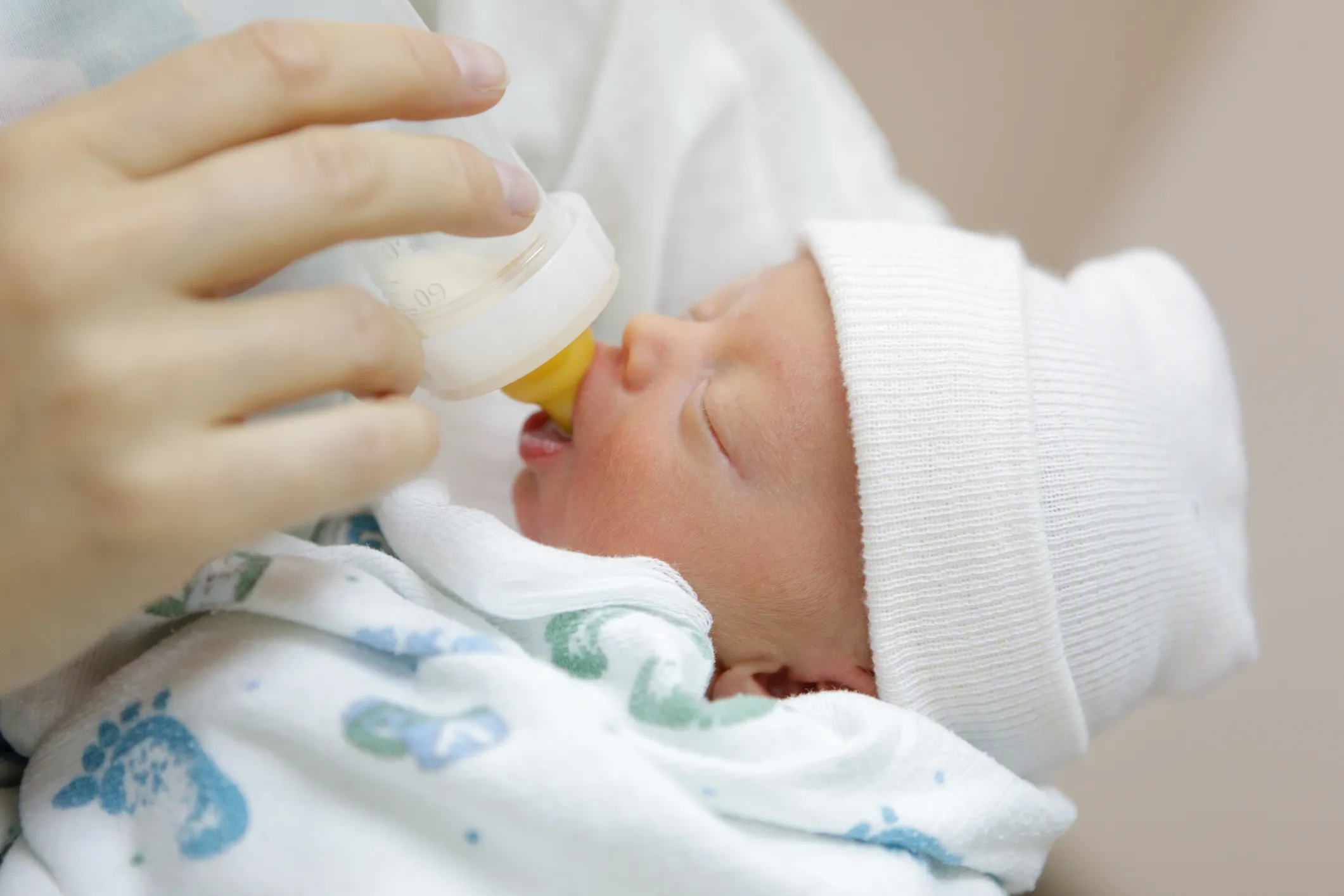
The cerebral cortex – the part of the brain for learning and thinking – is usually underdeveloped in premature babies, but in infants who consumed high levels of breast milk it quickly resembled those of babies born to term.
Experts say that feeding premature babies with breast milk could help reduce the developmental and learning problems associated with preterm birth.
Pre-term birth
Every year, 15 million children worldwide are born pre-term - before 37 weeks - and it is still the biggest cause of death and disability among newborn babies.
Children who are born early are more likely to develop problems that affect their entire lives such as learning difficulties, problems with their sight and hearing, behavioural issues and cerebral palsy.
Breast milk
Researchers from University scanned the brains of 212 babies who were part of the Theirworld Edinburgh Birth Cohort, a study which monitors the progress of premature babies from birth to adulthood.
The group included 135 babies who were born before 32 weeks of pregnancy and 77 who were born to term. Researchers collected information about how premature babies were fed during neonatal intensive care and brain scans for all babies were performed around 40 weeks from conception.
Brain scans revealed that babies who received higher amounts of breast milk – from their mother or a donor - had a more mature cerebral cortex compared with those who received less, similar to the scans of babies born to term.
Supporting development
Breast milk contains many elements – such as a favourable balance of fats, proteins and minerals, and a range of other beneficial factors that help babies' immunity – that could support brain development, experts say.
Further research is needed to understand their exact role in allowing premature babies’ brains to catch up with the development seen in term babies.

